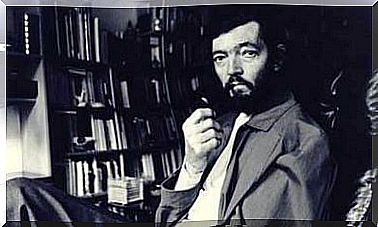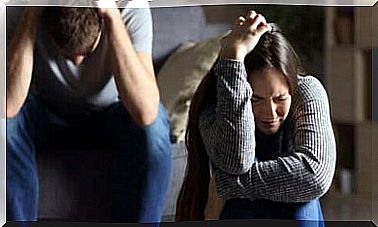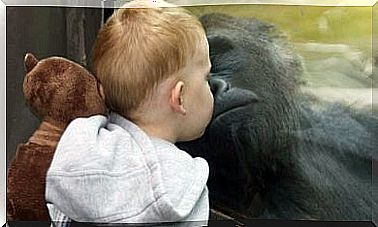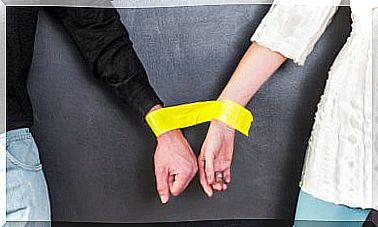Forgiveness As An Act Of Personal Liberation
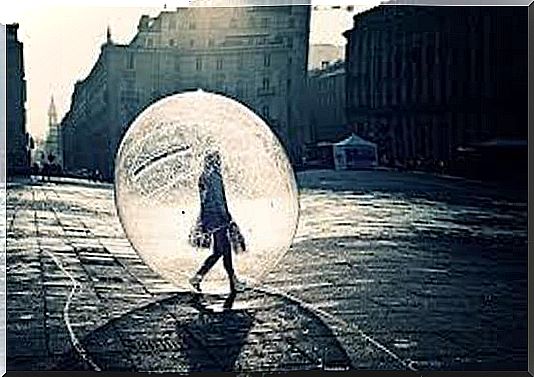
What is forgiveness for? How do you forgive?
Forgiveness means releasing the pain.
If something has made us feel very bad, it is mainly due to the affection we feel towards the person who caused us this pain or to the fact that some principles that we believed to be solid within us have failed.
Very often we have heard “I do not allow you to say or do certain things”, as if not being willing to make them happen prevented them from happening. This is curious because this sentence is usually pronounced when the fact has already happened.
Forgiveness is useful, it should never be understood as an act of vulnerability towards the other, but of flexibility towards oneself, towards one’s emotions and one’s priorities. Resentment, in fact, does nothing but chain us to the past, it does not allow us to move forward, but it keeps us tied to pain with such force that it prevents us from living our life to the fullest.
Some cling to the pain caused by the memory of what happened in order not to return to get involved with other people from an emotional point of view, as if this shield could serve something good, in reality this defense does nothing but raise barriers by closing out new opportunities. If you also opt for this option, you will be alone with your resentment and pain, away from the world and all that is beautiful.
When we talk about people with this problem, there is an image that defines them well, that of the bricklayer who builds a wall, putting brick after brick every time he gets the chance to know someone he thinks can do him some harm. bad.
These people become experts in the art of placing bricks, so much so that they build walls upon walls, making their “safe zone” ever smaller, more cramped and lonely.
Despite the effort, despite the energy, this struggle against suffering is in vain because this wall will not erase the emotions that are within. In fact, people find themselves trapped in a spiral of anguish that distances them from the present and from a better future, in which what matters is the past and who reigns is sadness.
Leaving aside the consequences of living by pain, let’s go back to talking about forgiveness. A very common mistake is to think that those who have hurt us must live with the sense of guilt as long as we remember that they have hurt us. In popular culture there are numerous proverbs or idioms about it, such as “I can forgive, but I don’t forget”.
Advice for forgiving
What does the pain depend on?
- How important the person who hurt you is to you.
- From what this person did.
- From the contrast between what really happened and what you wish had happened.
In your hands you have only the present to act, so it’s okay to ask questions to try to understand where all the sadness comes from, so that you can then do something practical, fight for your principles and interests, stop putting a brick on it. the other and create a wall between what you have now and what you want.
Forgiveness involves acting on what you want to achieve for yourself and not on what someone has done to you or what the other should feel in your opinion.
If that were easy, it wouldn’t even make sense to read this article. So it’s about setting priorities as to what you want to achieve with your actions.
You have to understand if what you do takes you away or brings you closer to the life that is worth living, if it widens or reduces your “safe zone”.
All to be able to act regardless of how you feel now, with the courage to move forward: even if life and time follow their course, you set the direction yourself.

